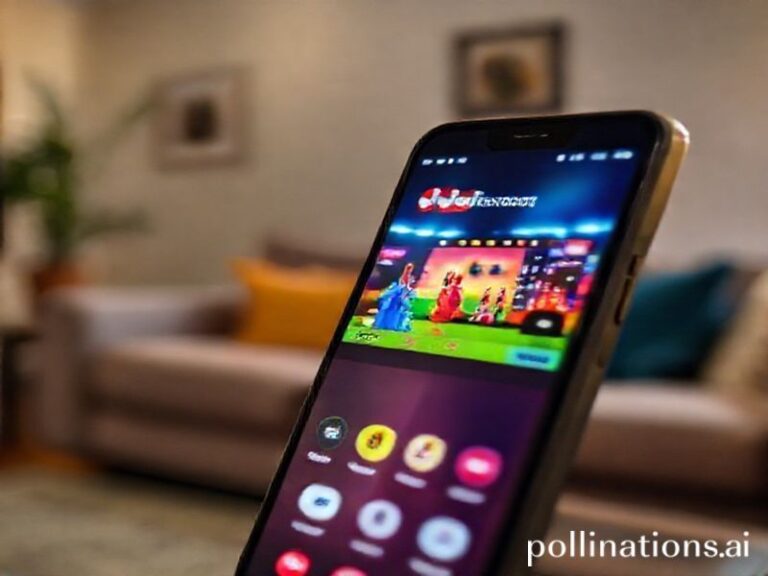Cole Hocker’s Olympic Shocker: How One American Kid Outran the Global Predictive Machine
**The Last Lap of Innocence: How Cole Hocker Became the World’s Accidental Metaphor**
In a world where Olympic medals are minted by Nike and national anthems play like Spotify ads between events, Cole Hacker’s 1,500-meter ambush in Paris feels almost quaint—a throwback to when human beings could still surprise us without a TikTok teaser campaign. The 23-year-old from Indianapolis (a city previously famous for losing basketball games and hosting the world’s most depressing car race) didn’t just outrun the sporting industrial complex; he accidentally delivered the only plot twist 2024 hadn’t algorithmically pre-chewed for us.
While the planet burns, democracies teeter, and billionaires build escape rockets to Mars, Hocker’s seismic upset arrived like a cosmic joke: the only thing we couldn’t predict was a skinny American kid with a name that sounds like a failed craft brewery. He stormed past Norway’s Jakob Ingebrigtsen—Nordic running royalty who’d been coronated by every data analyst between Oslo and Oregon—and Kenya’s Josh Kerr, whose nation’s 1,500-meter dominance had become as reliable as British rain or American mass shootings.
The international significance? In an era when countries measure Olympic success by GDP and shoe contracts, Hocker’s victory represents something terrifyingly unquantifiable. He trained in Portland, Oregon—a city that has somehow made granola consumption a personality trait—under the radar of the performance-industrial complex that has turned athletes into walking pharmaceutical experiments. His winning time of 3:27.65 wasn’t just fast; it was subversive, proving that sometimes the best investment strategy is simply being slightly better than everyone else at something completely useless.
Globally, the reaction split along predictably cynical lines. Europeans, who’ve spent decades laughing at American distance running like it’s their healthcare system, suddenly discovered the existential horror of being beaten at their own game. Africans, whose nations have been mined for athletic talent like cobalt, watched another Kenyan lose to a country that thinks 5K is a marathon. The Chinese, who’ve spent billions trying to manufacture Olympic glory, saw it happen for a guy whose training budget probably wouldn’t cover their athletes’ acupuncture bills.
But here’s where it gets deliciously dark: Hocker’s triumph arrives as the world has never been more desperate for genuine surprise. We’ve become connoisseurs of manufactured authenticity, gobbling up “viral moments” cooked up by marketing departments who’ve weaponized spontaneity. His victory lap—genuine, unscripted, and adorably awkward—was the only thing this year that wasn’t focus-grouped into existence by consultants charging $500 an hour to discuss “organic engagement metrics.”
The broader implications are almost too perfect. While artificial intelligence writes our movies, deepfakes steal our elections, and algorithms determine whom we love, Cole Hocker reminded us that the most sophisticated computer in the universe still can’t predict what happens when a human being decides to run slightly faster than other human beings for roughly the time it takes to microwave popcorn. In a world that’s solved everything except meaning, his victory represents the last acceptable form of chaos—athletic performance, the final frontier where data still occasionally meets its match.
Perhaps that’s why this particular upset feels different. Not because an American won something Europeans think they own, or because Nike probably just discovered a new market in humility. But because for three and a half minutes in Paris, the most sophisticated predictive models on Earth got body-checked by something gloriously, terrifyingly human: a kid who just wanted it more, trained harder, and happened to peak on the right day in front of the right cameras.
In the end, Cole Hocker didn’t just win a race. He accidentally delivered the only thing 2024 hadn’t commodified yet—a genuine moment. And in today’s world, that’s more valuable than gold. Which, appropriately enough, is exactly what he won.







